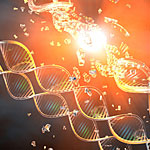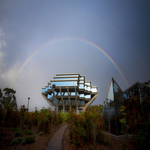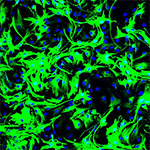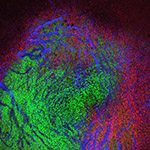Asymptomatic Testing Central to UC San Diego’s Return to Learn for Fall Quarter
The University of California San Diego today announced the next step in its Return to Learn program, which will guide an incremental repopulation of the campus while offering broad, asymptomatic testing for faculty, staff and students on a recurring basis to detect the presence of SARS-CoV-2, the no















